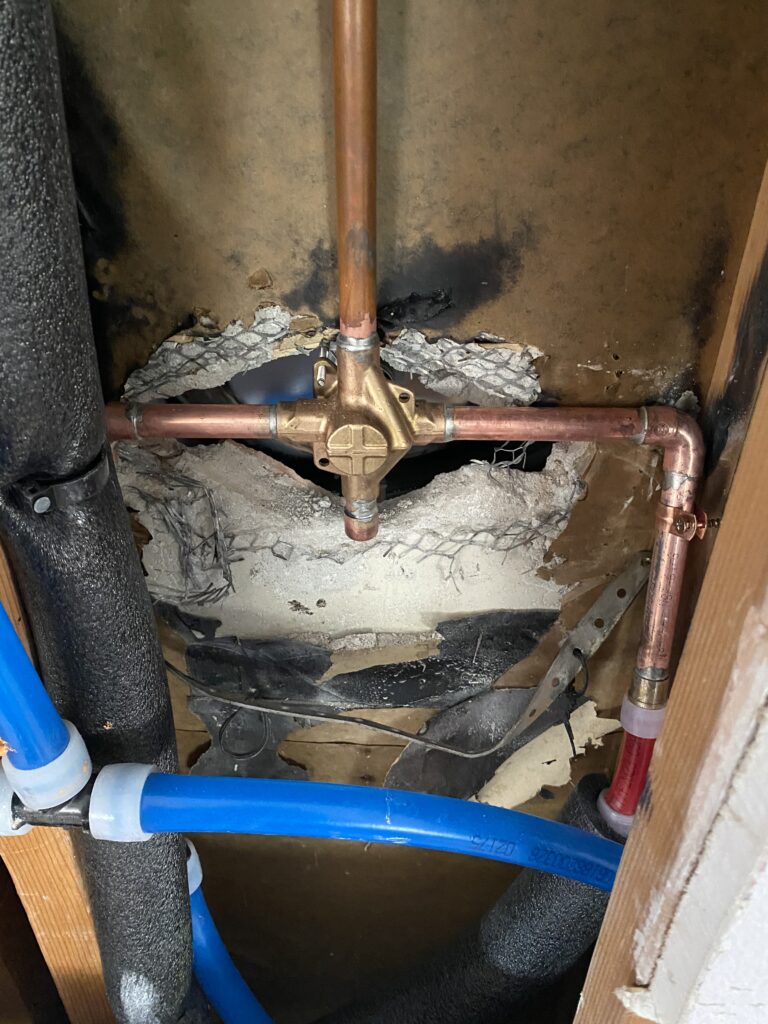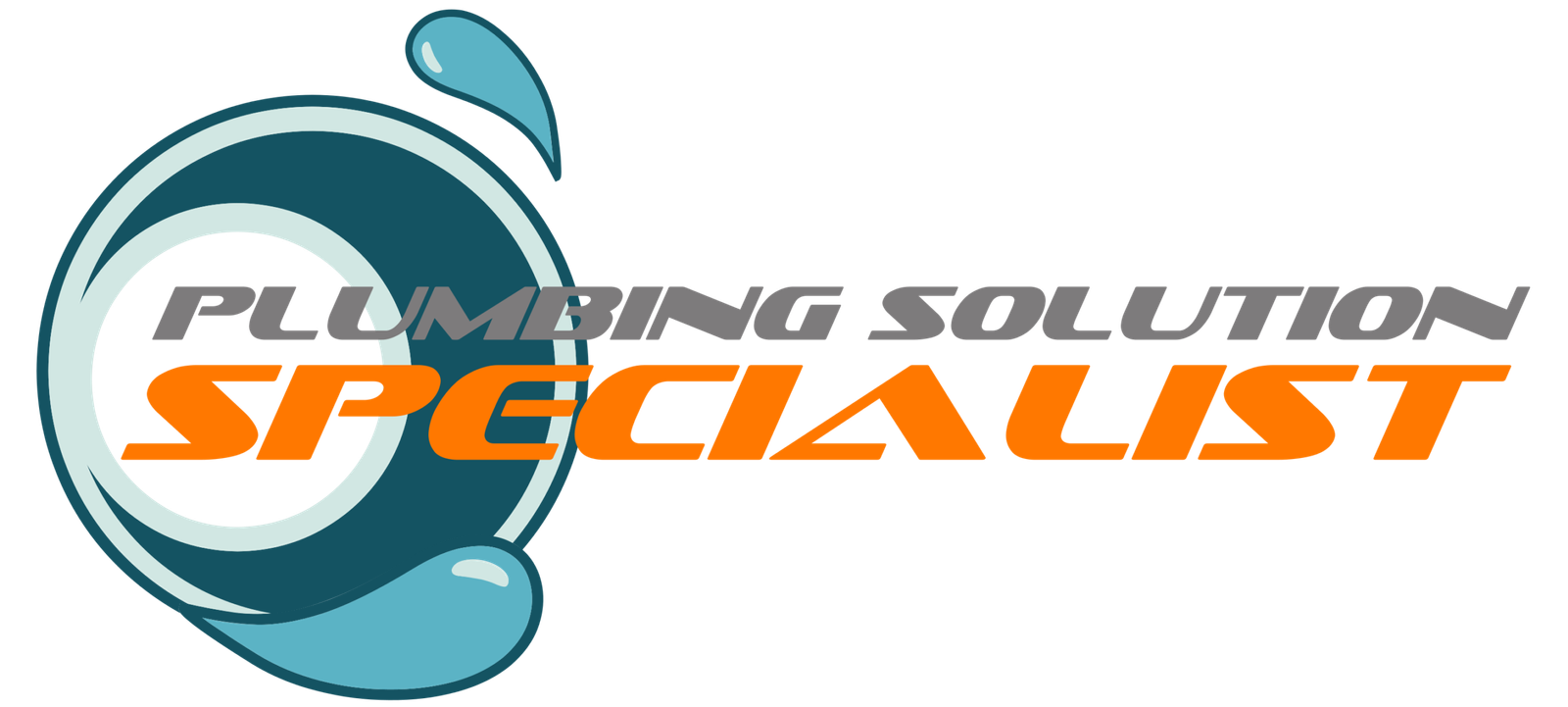Are Leaks And Low Water Pressure Signaling A Need For Repiping?

Most homeowners experience frustration when dealing with leaks and low water pressure. These issues may be warning signs that your plumbing system needs attention. In this post, you will learn how to identify these indicators and determine if repiping is necessary for your home. By recognizing the symptoms early, you can prevent potential damage and ensure efficient water flow throughout your house. Key Takeaways: Leaks and Low Water Pressure: Leaks and low water pressure are common signs that indicate potential issues with your pipes. Maintenance Check: If you notice these signs, it is crucial to conduct a thorough maintenance check of your plumbing system. Repiping: Leaks and low water pressure can be indicators that repiping may be necessary to ensure the long-term health of your plumbing system. Identifying the Signs Are you noticing some issues with your plumbing system but unsure if it’s time to consider repiping? Leaks and low water pressure can be indicators that your pipes are in need of attention. Let’s investigate into these signs and help you determine if repiping is necessary. Leaks: More Than Just a Nuisance An unexpected puddle on your floor or a water stain on your ceiling may seem like minor inconveniences, but they can actually be early warnings of a more significant problem. Leaking pipes can lead to water damage, mold growth, and even structural issues in your home. If you notice recurring leaks in multiple areas of your house, it may be time to consider repiping to prevent further damage. Low Water Pressure: A Frustrating Reality More frustrating than standing under a weak stream of water in the shower is trying to wash dishes with low water pressure in the kitchen. This common issue can be caused by various factors, including mineral buildup, pipe corrosion, or even hidden leaks. If you’ve ruled out simple solutions like a clogged faucet aerator, it’s crucial to address the root cause of the problem to restore proper water flow in your home. Low water pressure not only affects your daily tasks but can also indicate a more significant issue within your plumbing system. Ignoring this symptom could lead to more severe problems down the line, making it crucial to address the issue promptly. The Consequences of Inaction Water Damage and Mold Growth To ignore leaks and low water pressure in your home can lead to severe consequences. Water damage is a common issue that can result from untreated leaks, causing structural damage to your property. When water seeps into walls, floors, and ceilings, it can weaken the foundation of your home and create an ideal environment for mold growth. Mold not only damages your property but also poses serious health risks to you and your family. Increased Water Bills and Wasted Resources The consequences of ignoring leaks and low water pressure extend beyond property damage. Increased water bills are a direct result of untreated leaks, as your plumbing system has to work harder to maintain water pressure. This not only wastes resources but also leads to higher utility costs for you. The longer you delay addressing these issues, the more money you are literally flushing down the drain. The longer you delay addressing these issues, the more money you are literally flushing down the drain. Decreased Property Value and Potential Health Risks Value of your property is also at stake when you neglect leaking pipes and low water pressure. Persistent issues can lead to a decrease in your home’s overall value, making it harder to sell in the future. Furthermore, mold growth resulting from untreated leaks can pose potential health risks to anyone living in the property. For instance, breathing in mold spores can trigger allergies, asthma, and other respiratory issues, putting you and your family’s well-being at risk. Causes of Leaks and Low Water Pressure Corroded or Damaged Pipes The most common cause of leaks and low water pressure in your home could be corroded or damaged pipes. Over time, pipes can deteriorate due to various reasons such as age, harsh chemicals in the water, or external factors like soil corrosion. This deterioration can lead to leaks and reduced water pressure throughout your plumbing system. Mineral Buildup and Scale Any mineral buildup and scale within your pipes can also contribute to leaks and low water pressure. Over time, minerals like calcium and magnesium can accumulate inside your pipes, causing blockages and restricting the flow of water. This buildup can lead to increased water pressure and potential leaks in your plumbing system. To prevent mineral buildup and scale in your pipes, consider installing a water softener system. This can help reduce the concentration of minerals in your water supply, ultimately reducing the chances of blockages and leaks in your plumbing system. Incorrect Pipe Installation or Sizing For incorrect pipe installation or sizing, leaks and low water pressure can also result. If pipes are not installed properly or if they are not the correct size for your home’s water demand, it can lead to issues over time. Improper installation can cause leaks at joints, while incorrect sizing can result in inadequate water flow to meet your needs. Mineral buildup and scale can also exacerbate problems with incorrectly installed or sized pipes. The accumulation of minerals can further restrict water flow in pipes that are already struggling to meet your home’s demand, leading to leaks and low water pressure. The Repiping Solution Unlike temporary fixes like patching leaks or installing water pressure boosters, repiping your home offers a long-term solution to your plumbing problems. By replacing old, damaged pipes with new ones, you can enjoy a reliable and efficient water supply system that enhances your daily living experience. Benefits of Repiping: Improved Water Pressure and Quality Repiping your home can lead to a significant improvement in water pressure, ensuring a steady flow from faucets and showerheads. Additionally, new pipes eliminate the risk of contaminants from old, corroded pipes, enhancing the quality of the water you use for drinking, cooking, and bathing. Types of Pipes: Copper,
